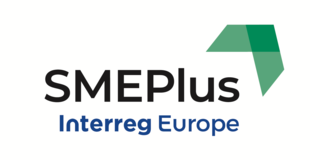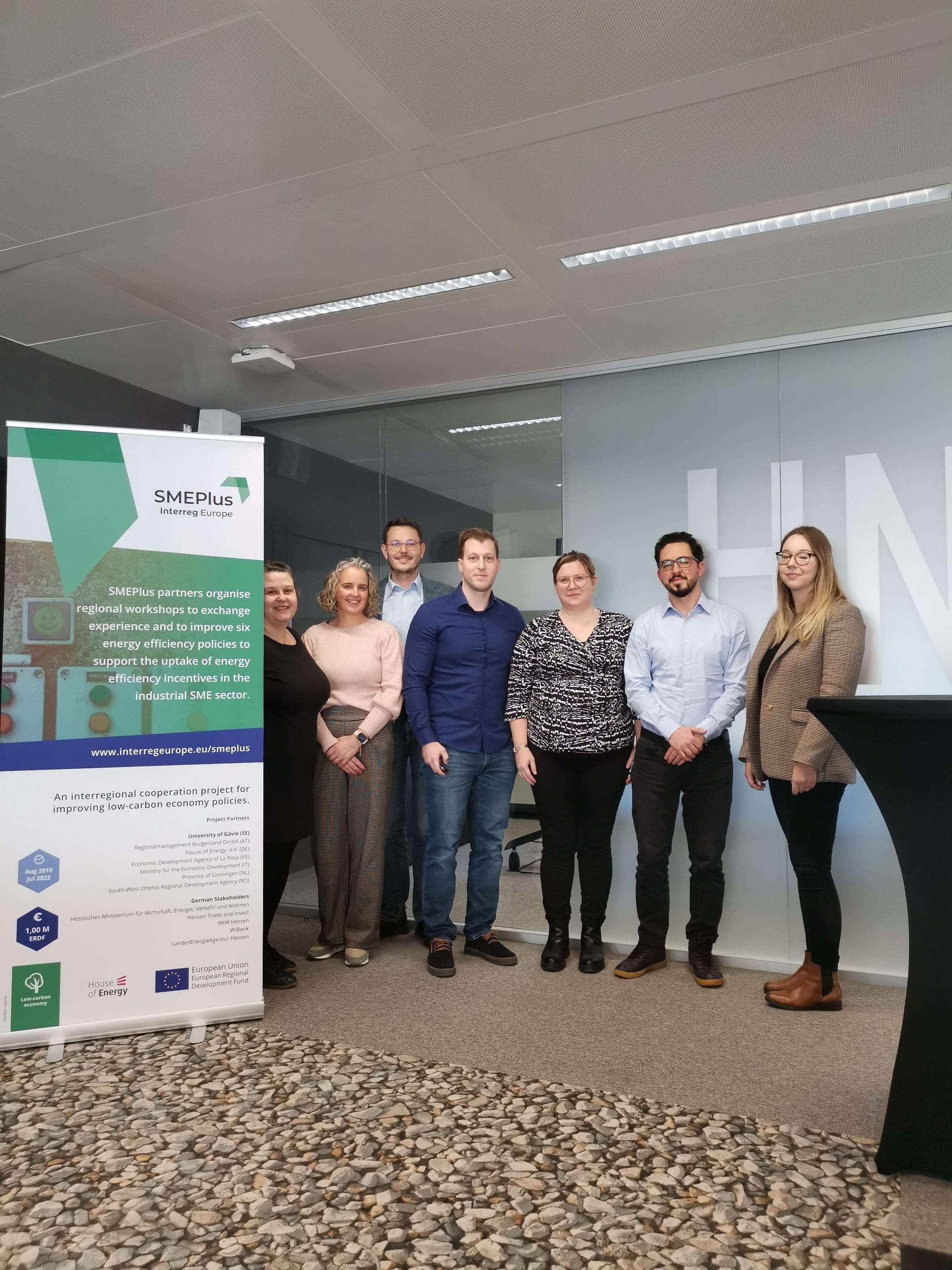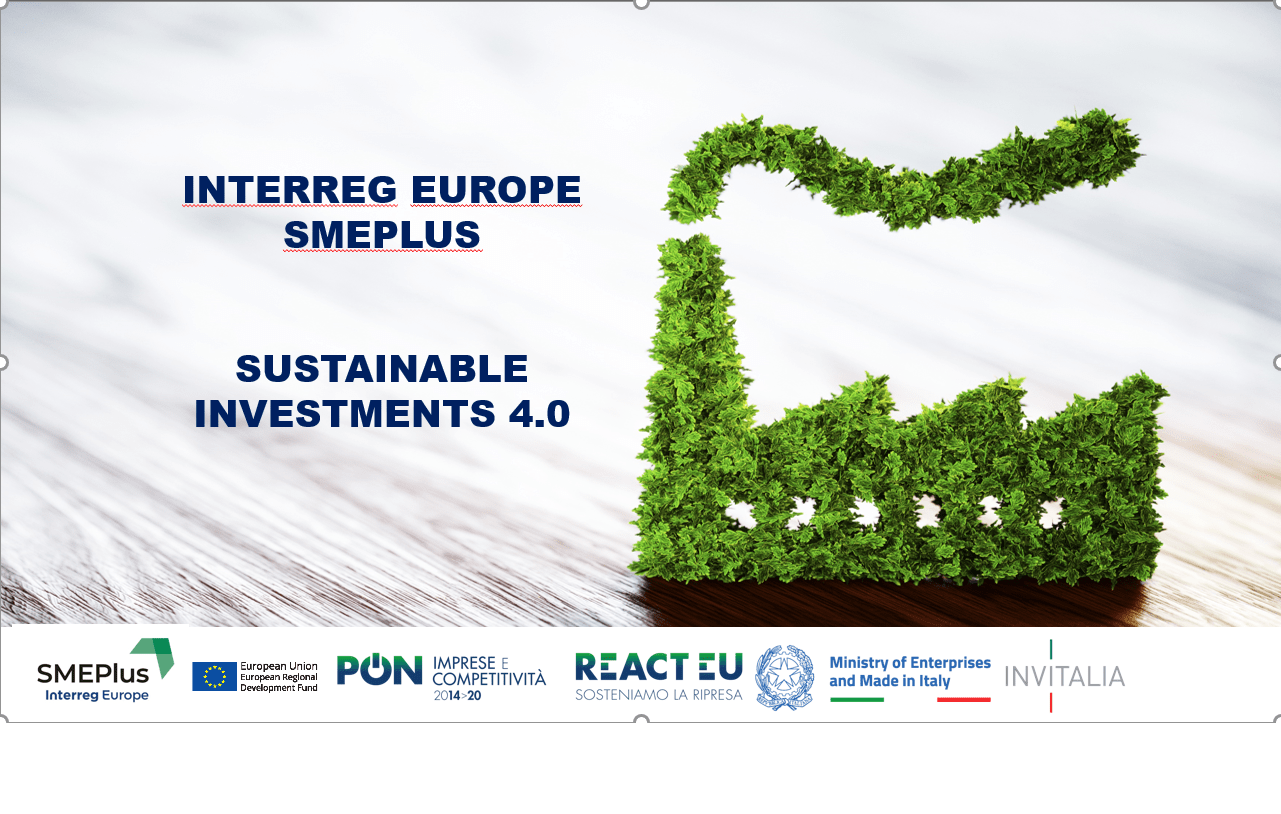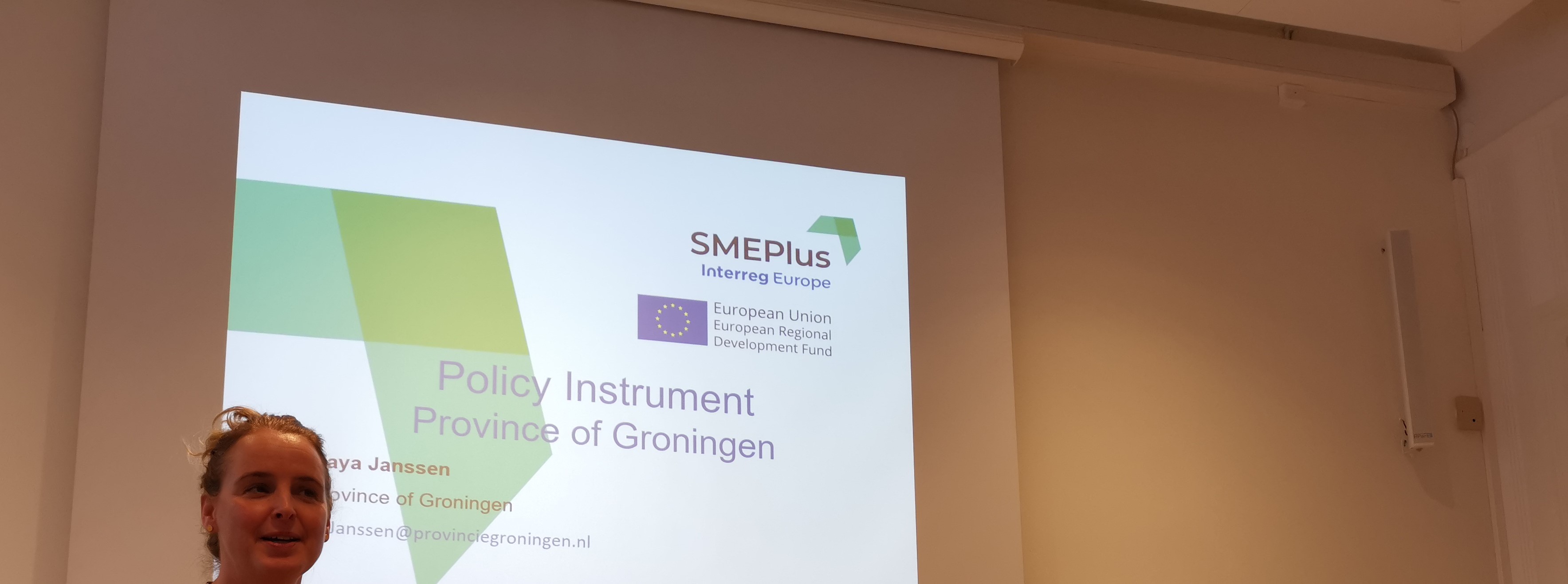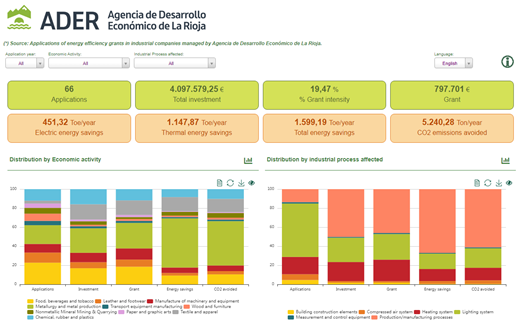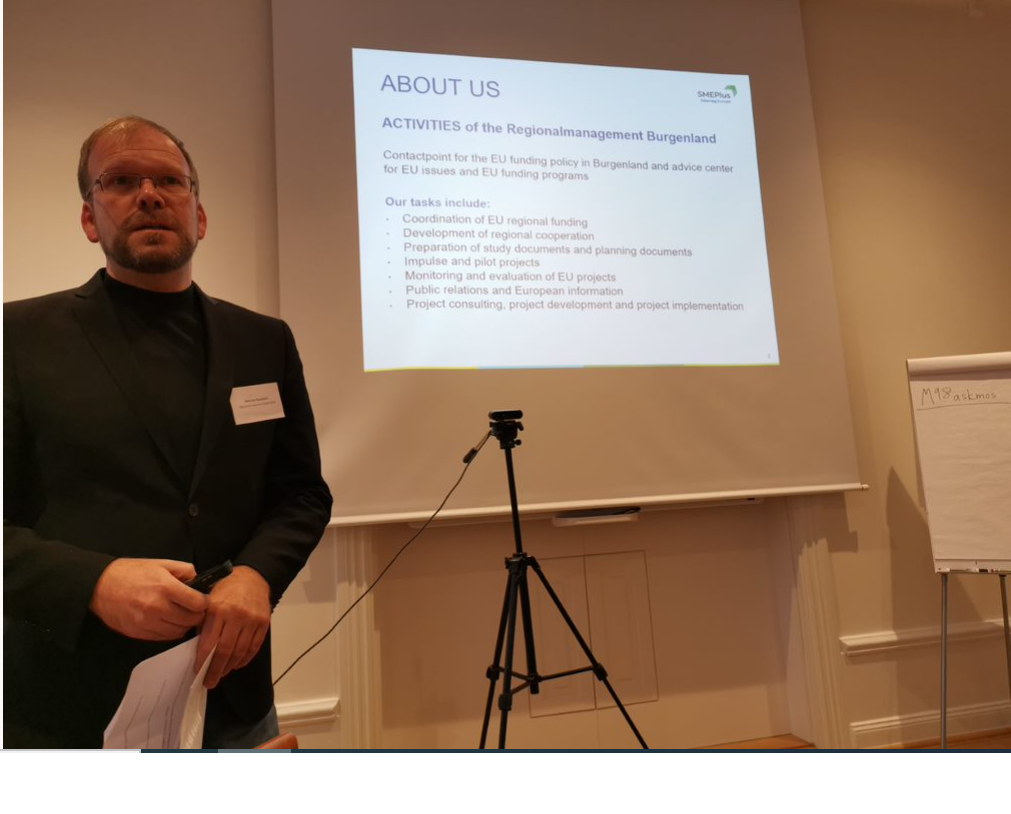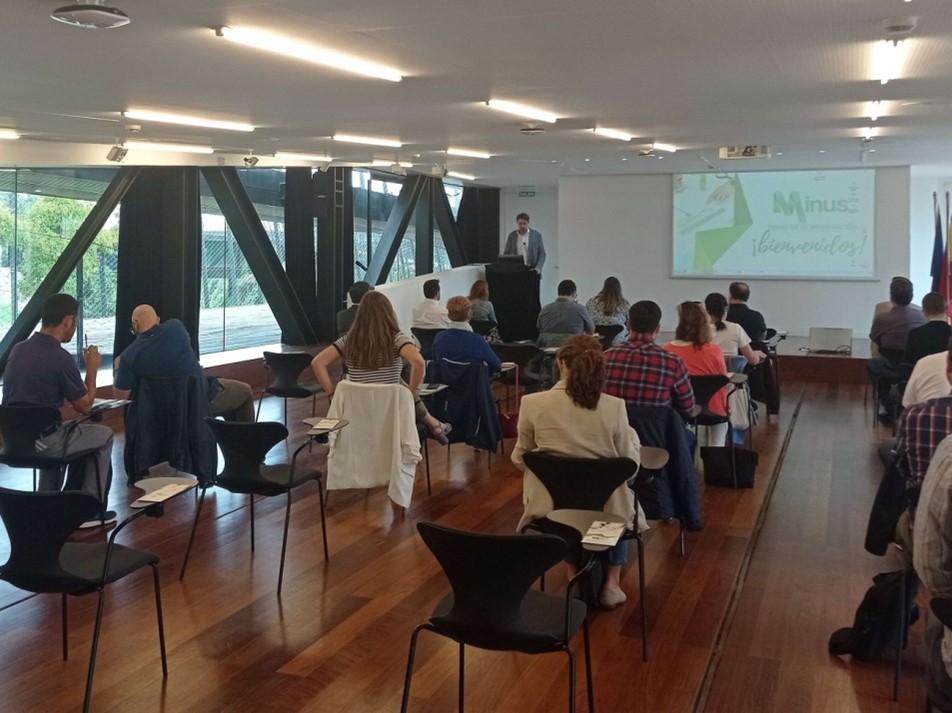DI Johann Binder is working at Forschung Burgenland GmbH, a 100% subsidiary of Fachhochschule Burgenland (University of Applied Sciences Burgenland). Together with Forschung Burgenland, the university acts as a hub for research and development projects in the region. Johann Binder has been working as a project manager in the field of energy for many years and has profound knowledge of cross-border exchange within EU projects. |
|
Dietmar Baurecht, Regionalmanagement Burgenland GmbH, interviewed Johann Binder and asked several questions related to energy efficiency in SMEs.
Dietmar Baurecht, Regionalmanagement Burgenland GmbH: Why is energy saving important for industrial SMEs?
Johann Binder, Forschung Burgenland GmbH: Energy saving becomes more and more an economic factor also for SME within the framework of competitiveness.
Dietmar: Why is energy saving important for your region?
Johann: Because of huge regional production of volatile renewable energy savings strategies in combination with volatile productions in order to concentrate at energy consumption based at regional produced energy are useful.
Dietmar: What are the benefits of energy saving, apart from reduced energy costs?
Johann: Higher independency from energy imports and therefore more certainty to ensure energy supply within the region.
Dietmar: Does energy efficiency have an impact on the public image of an industrial SME?
Johann: Usually energy efficiency measures are going in line with better comfort, services or products of companies. Often these SME have also special certificates in that fields which ensure good qualities of SME.
Dietmar: In your opinion, are good practices transferable between the regions and countries in the EU?
Johann: At least good practices should be shown up if benefits and success are given to the SME. Of course, every SME and the regions can have different preconditions and therefore the need to develop their own fitting solutions.
Dietmar: What are the most important incentives for SMEs to invest in the energy efficiency measures?
Johann: To enhance the Quality of the own services or products and to reach a better position in competitiveness. Rather seldom are sufficient financial benefits by investing in efficiency measures.
Dietmar: Which existing energy policies towards SMEs in your region are, in your opinion, the most efficient?
Johann: Combined funding measures (e.g. Production measures combined with efficiency measures), which ensures an overall benefit to the SME.
More info about the Forschung Burgenland GmbH and the Fachhochschule Burgenland (University of Applied Sciences Burgenland)
Forward-looking control concepts for modern buildings, smart energy systems and security solutions for information technology are just a few examples for topics where the team of Forschung Burgenland together with the University of Applied Sciences play a key role in the development. To this end Forschung Burgenland operates 2 Research Centers and 5 so-called Pre-Centers, where trends and new research concepts are being worked out and developed. Their R&D activities take place in their facilities in Pinkafeld and Eisenstadt. At the University of Applied Sciences in particular we do research along the degree programmes of Energy and Environmental Management, Business, Information Technology and Information Management, Social Work and Health. The cross-linkage of research and teaching brings advantages especially for students, who gain an insight into the current state of scientific development through their active involvement in research projects. Their activities in the area of research, technology and innovation make them an attractive partner and regional driving force for the economy.
